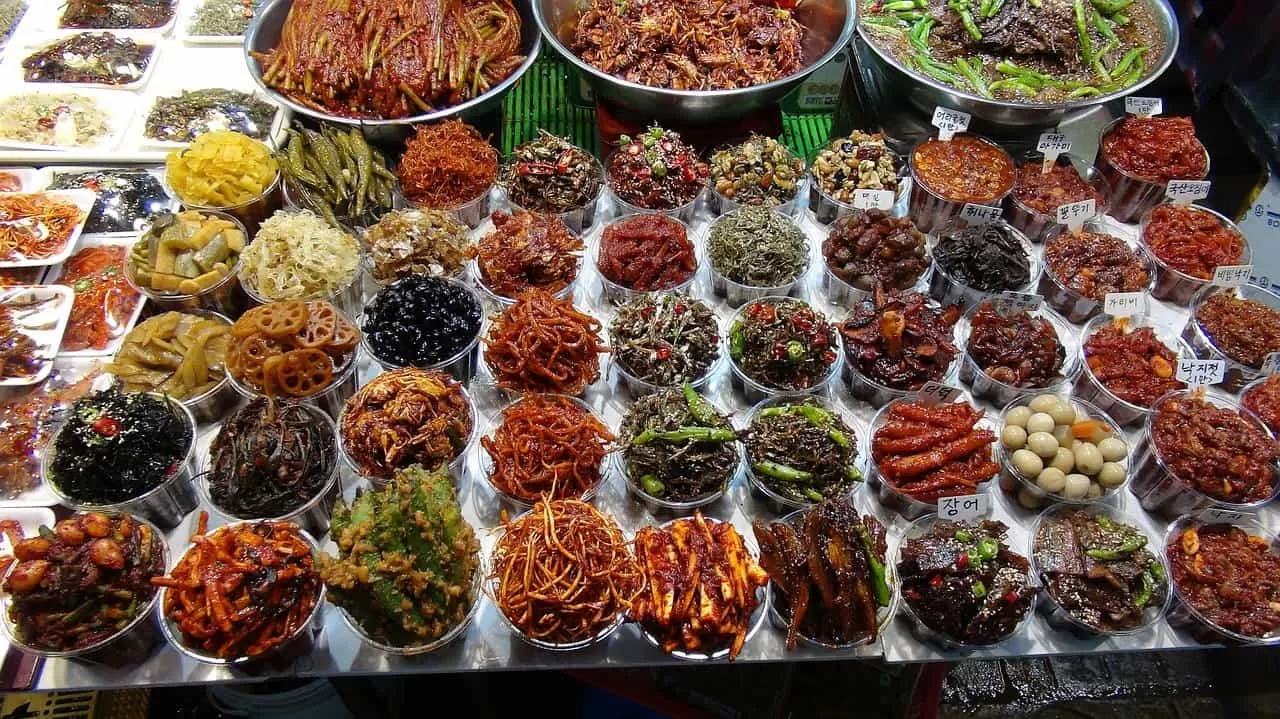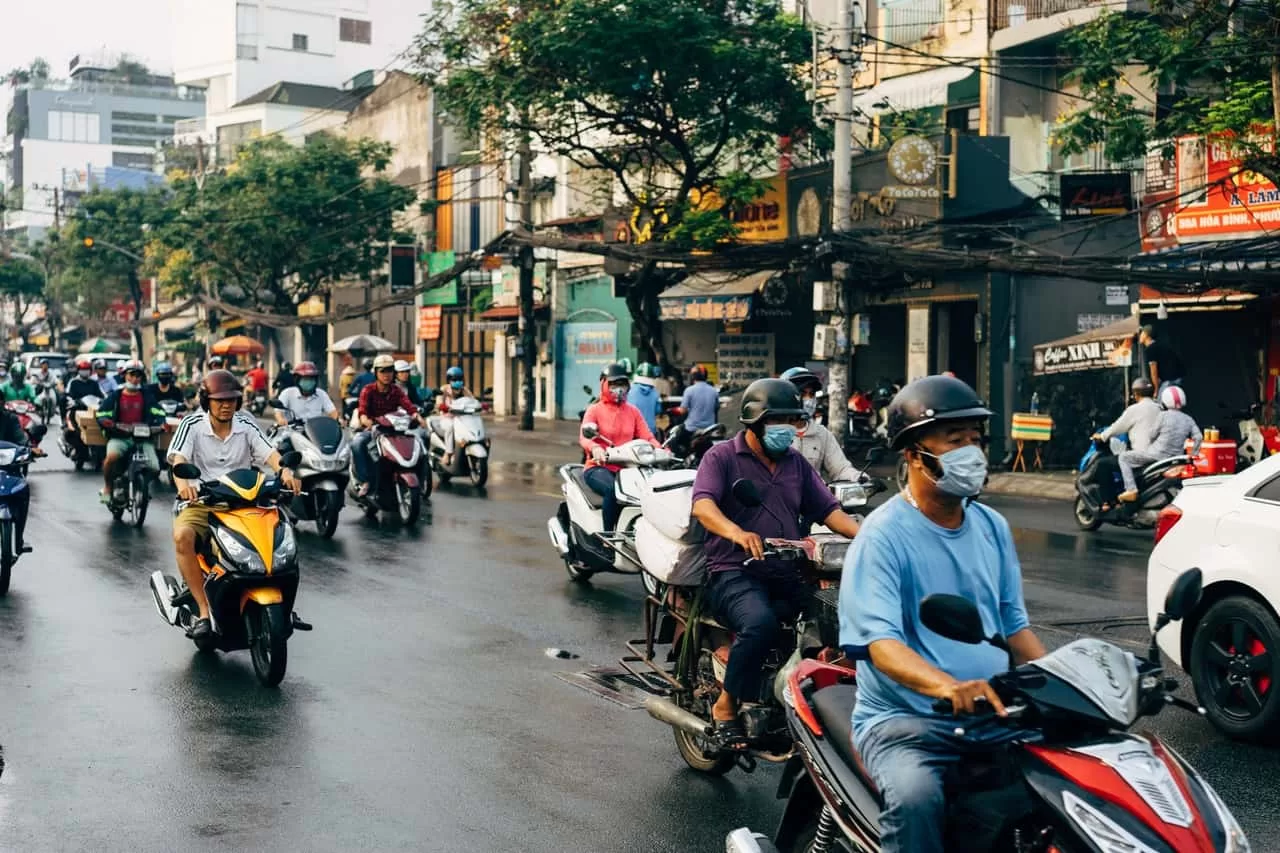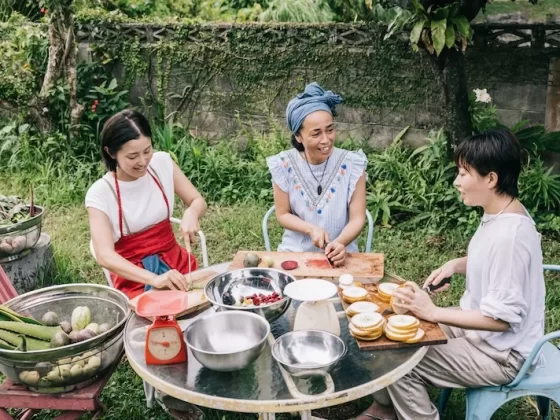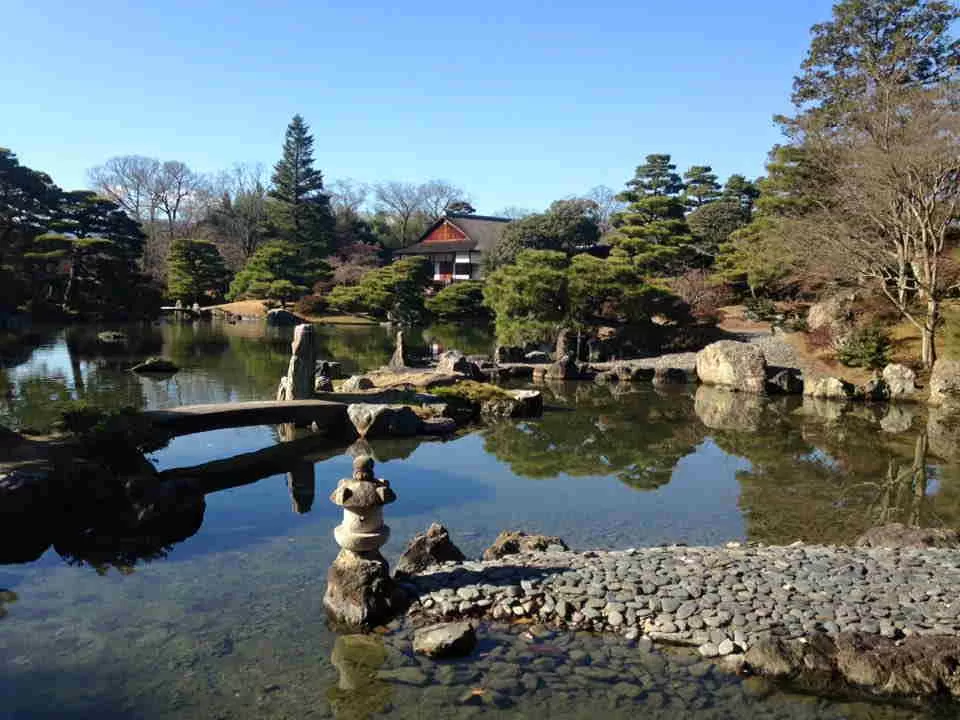Customs and Culture in South Korea
Korea is one of the most homogeneous countries in the world and it is very important for foreigners who move to South Korea to learn the customs of their new country to fit in and better understand the locals.
The Korean language is spoken by more than 65 million people living on the peninsula and its outlying islands as well as 5.5 million Koreans living in other parts of the world. The fact that all Koreans speak and write the same language has been a crucial factor in their strong national identity.
The family is the most important part of Korean life. The typical family size is quite large, with three or four generations usually living together under the same roof. Rooms in Korean houses are not labeled or reserved for a specific purpose; there is no definite bedroom or dining room for example. Rather, tables and mats are brought in as needed. Most people sit and sleep on the floor on thick mats.
Foreigners should address a Korean with Mr., Mrs., Miss + family name; however, never address a high-ranking person or superior in this manner. Address Koreans using appropriate professional titles until specifically invited by your host or colleagues to use their given names. A Korean name consists of a family name, in almost every case one syllable, plus a given name usually of two syllables. The family name comes first. A Korean woman does not take her husband’s family name, but their children take their father’s family name.
Bowing is a big part of greetings in Korea. When meeting someone in an informal setting in Korea, just a slight tilt of the head is usually ok. This simple bow is also used when saying hello, bye and thank you. For more important meetings (or people), the lower you bow, the more respect it shows. It also shows more respect if you hold the bow for a longer period. Hold your hands to the side or in front of you. Today the bow is often accompanied by a handshake among men. Korean women usually nod slightly and will not shake hands with Western men. A Western woman can offer her hand to a Korean man, but should not to a Korean woman.
Gift giving is very common in Korea. Offer and receive a gift with both hands. Wrapped gifts are never opened in the presence of the giver. The number 4 is considered unlucky, so gifts should not be given in multiples of 4. Giving 7 of an item on the other hand is considered lucky. Wrap your gift nicely. Bright colors are preferred for wrapping gifts. Yellow and red or green stripes are a traditional Korean wrapping paper design. Avoid wrapping gifts in dark colors. It is always appropriate to give liquor, fruit, desk accessories or small mementos. It is best to avoid giving expensive gifts (Koreans will feel obligated to reciprocate with a gift of equal value), knives or scissors, green headwear and gifts with red writing.
Koreans consider it a personal violation to be touched by someone who is not a relative or close friend. Avoid touching, patting or back slapping a Korean. Always pass and receive objects with your right hand or with two hands. To beckon someone, extend your arm, palm down, and move your fingers in a scratching motion. Never point with your index finger.
There is much more to learn about South Korea’s rich culture and the best way is to do so while living in the country and observing the interaction between the people. There will be misunderstandings and errors, but with time you will adapt to your new home country and become familiar with all its customs and etiquettes.
Here is probably the most extensive ebook on Everything You Ever Wanted To Know About Eliminating Your Taxes, Protecting Your Assets And Regaining Privacy Over Your Life And Investments. It is called The Ultimate Guide To Going Offshore. Visit our bookstore to purchase it today!
I hope you enjoyed reading this article: Customs and Culture in South Korea. If you have any questions, please contact our office HERE.
I’ve included some great articles for you to read, enjoy!
U.S. Missile Defense System in South Korea Affects Tourism
South Korea’s Unlikely Expat City
What to Expect When Moving to South Korea










